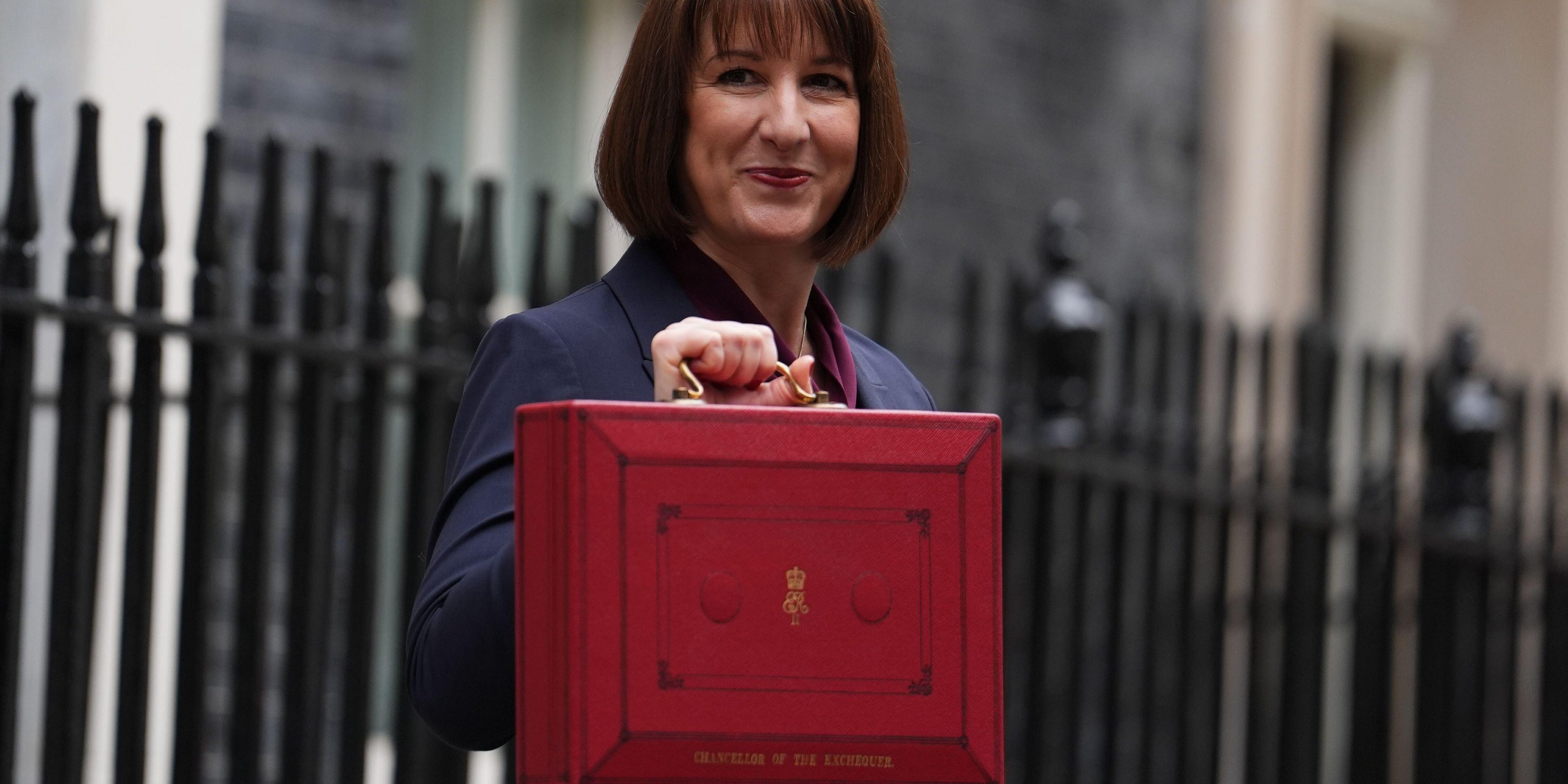Ahead of much apprehension, Chancellor Rachel Reeves delivered the new Labour Government’s Autumn Budget today, which was focused on the government’s long-term goal of stabilising the country’s economy by boosting economic growth whilst reducing a reliance on borrowing.
The Chancellor assured the plan was not to squeeze the average workers’ pay, and there were no outlined increases to employee NIC, income tax thresholds nor VAT. Despite this, businesses will be adjusting to the headline announcement that employers’ NIC rate increases by 1.2% to 15% from April 2025, and the threshold decreased at which NIC becomes payable will fall steeply to £5,000 from £9,100. Nestled within these changes is the rise in April 2025 of the national minimum wage, which will increase to £12.21 per hour. Stability was granted with the corporation tax rate remaining at 25%. On a positive note, the government has decided to preserve the R&D reliefs presently in place. Added to this, other tax reliefs were introduced such as film and high-end TV companies being able to claim additional tax relief on their UK visual effects costs from 1st April 2025.
In terms of NIC and income tax thresholds, Chancellor Reeves outlined the commitment to extend the five-year freeze put in place by her predecessor until 2029. This means these thresholds will increase in line with wages increasing, not inflation.
A factor for many UK businesses will be the business rates — existing 40% on business rates for the retail, hospitality and leisure industries will continue in 2025/26, capped at £110,000 per business.
As part of this fiscal plan, some prominent tax increases were announced — some of which there will time to prepare for, and others whose impact is rather immediate. For example, the Chancellor announced the government will increase the stamp duty land surcharge for second homes by 2% to 5% — effective from today.
A consideration for the travel industry will be the increase on air passenger duty, introducing an increase of no more than £2 for an economy-class short haul flight. However, on private jets, there is an increase on the rate of air passenger duty by a further 50% — equivalent to £450 per passenger for a private jet.
Amongst the hikes, there were tax freezes. The Chancellor extended the inheritance tax threshold freeze for a further two years to 2030. That means the first £325,000 of any estate can be inherited tax-free, rising to £500,000 if the estate includes a residence passed to direct descendants, and £1m when a tax-free allowance is passed to a surviving spouse or civil partner. However, inherited pensions will be moved under the umbrella of inheritance tax from April 2027. Chancellor Reeves granted a freeze on fuel tax for the next year, which may benefit businesses reliant on transportation of services and goods.
Interestingly, HM Revenue & Customs will have investment injected into their organisation to modernise their systems and employ more compliance officers.
The points above provide merely a snapshot of the fiscal announcements — the Budget announcements were extensive and wide-reaching, many of which may have an impact on your financial outlook. Therefore, WHA have prepared a summary of all the announcements and adjusted thresholds for you to use as a resource. To access this WHA 2024 Autumn Budget summary, please click on the link below:
WHA Autumn Budget Summary 2024 FULL SUMMARY
As always, the WHA Team are on hand to help you understand how the budget announcements impact both your personal circumstances and business operations, so please feel free to contact us on 020 8878 8383 or via email on info@whitehartassociates.com.









